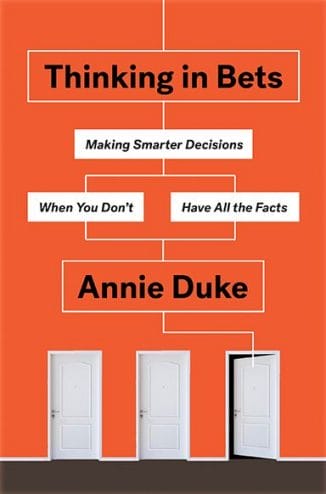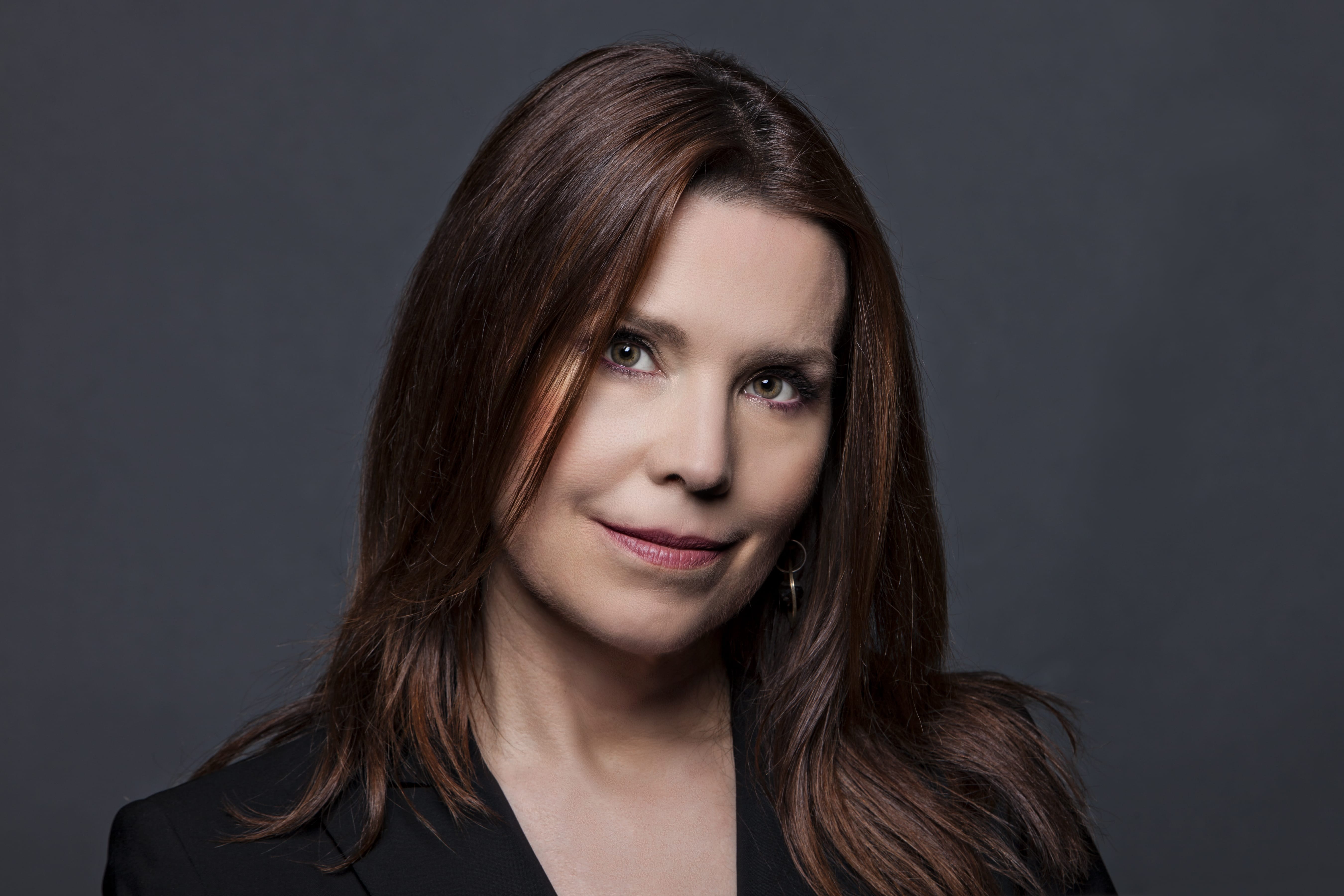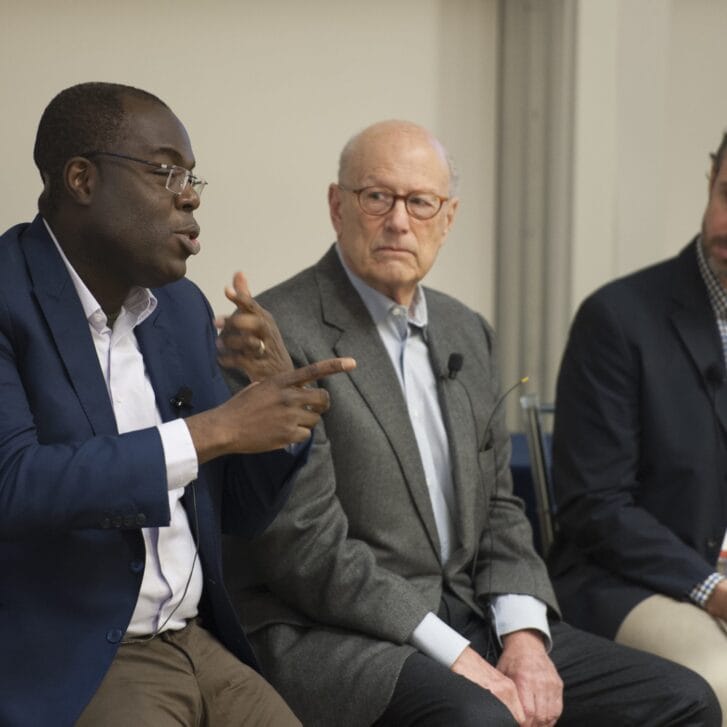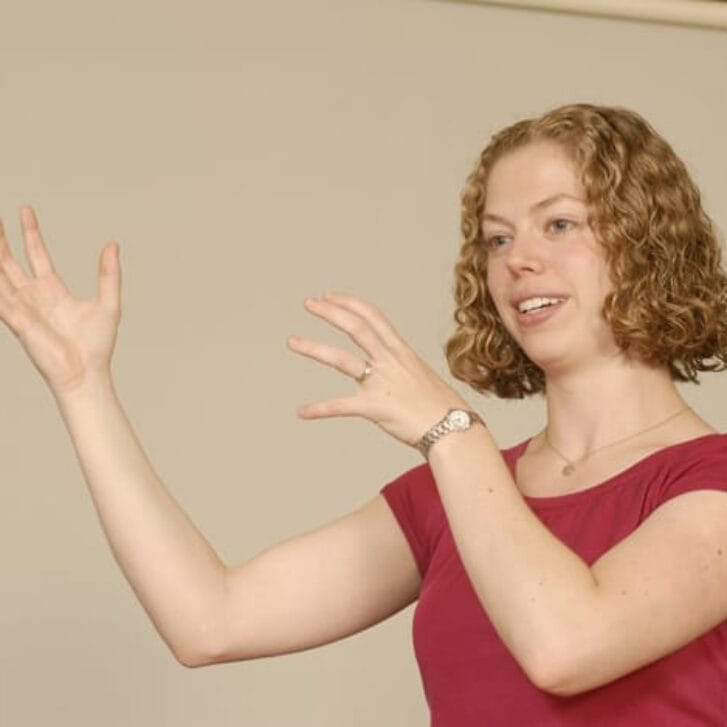The science of decision-making is deeply embedded in Wharton’s DNA. If you are a Wharton graduate seeking to build on these foundations, you should read Thinking in Bets: Making Smarter Decisions When You Don’t Have All the Facts by Annie Duke GR92.
Duke’s background provides fertile ground for an exploration of decision-making. She pursued a PhD in cognitive linguistics at Penn, and then embarked on a career in poker, becoming one of the leading female money winners in history. Poker is an ideal context for exploring decision-making, since players make bets with limited information, and get feedback through money won or lost.
Duke begins with a discussion of our tendency to judge decisions based on how they turn out, known in poker as “resulting.” If we succeed, it was a good decision, but if we fail, it was a bad one. When we fail, however, it does not always mean we chose wrong—it could have been bad luck. This is a probabilistic approach to interpreting outcomes, as with betting in poker.
While poker involves explicit bets, our lives involve implicit bets. Duke explains, “Job and relocation decisions are bets. Sales negotiations and contracts are bets. Buying a house is a bet. Ordering the chicken instead of the steak is a bet. Everything is a bet.”
When everything is a bet, our betting strategy can optimize our decision-making. Yet our strategy is often based on beliefs that can be biased or wrong. We are quick to form, and slow to update our beliefs. We tend towards absolutes, and indulge in “motivated reasoning,” seeking out confirmation while ignoring contradictory evidence.

The solution is to embrace uncertainty by calibrating our confidence: Rather than expressing 100 percent certainty, we can be 75 percent confident. This redefines right and wrong, since degrees of difference are not the same as absolutes. Wharton management professor Philip Tetlock explores this approach in his book Superforecasters (Test your own probability calibration with this assessment tool inspired by Tetlock’s work).
Duke next turns to assessing outcomes after the fact, through “outcome fielding.” Was an outcome driven by luck or skill? Duke offers guidance: Focus on objectivity and seeking out the truth, avoid extremes, preserve a positive self-narrative, and use a betting context to shift the psychology. She highlights an anecdote about poker superstar Phil Ivey, who obsessively deconstructed his play after winning a tournament instead of basking in glory.
That’s rare. Duke cites the more common example with another poker player, Nick the Greek, who “lost a lot of money…because he ignored lots of feedback that his strategy was a losing one.” As with motivated reasoning, we preserve our self-image via “self-serving bias.” We take credit for good outcomes, and blame luck for bad outcomes. We tend towards absolutes, when the truth is shaded in gray.
It takes an act of will and a special contract with yourself to combat these tendencies. Duke advocates tough self-love in the service of “truthseeking.” No whining about bad luck. No patting ourselves on the back. Duke offers a road map for creating a group “decision pod” that can provide us with feedback. Focus on accuracy, accountability, and openness to diverse views. Set clear rules: Court dissent and differing perspectives, and take responsibility even when doing so is painful.
Duke highlights concepts from the Heterodox Academy, an organization formed to improve viewpoint diversity in academia: Commit to transparency and sharing information; apply consistent standards to claims made by separating information from who is providing it; cultivate disinterestedness; seek “outcome blindness” to the hypothesis being tested; and encourage skepticism and dissent.
Duke also addresses how we outweigh the present over the future. When we reach for a donut instead of an apple, we’re doing so at the expense of our future self. Wharton Professor Katherine Milkman co-authored a paper addressing this “Want/Should conflict.” Duke explores how we can reduce conflict by shifting perspective among our past, present and futures selves via “mental time travel.” She suggests several techniques, including backcasting, premortems, and Ulysses contracts.
One criticism I have of the book is that Duke tries to include so many ideas that the voluminous flow of studies, examples, and research can at times muddy her core themes. But this is a minor objection to an otherwise superb and engaging book.
I came away from Thinking in Bets with a robust toolset, including a system for making calibrated predictions, an approach to evaluating outcomes, and an overview of cognitive pitfalls. The book has useful prescriptive guidelines for how to combat bias, cultivate self-criticism, rely on a diverse truthseeking pod for feedback, and reflect on past and future versions of ourselves. It’s a comprehensive, decision-making framework. Duke’s Thinking in Bets can improve all aspects of our decision-making. As Duke points out, “It’s all just one long poker game.”


























